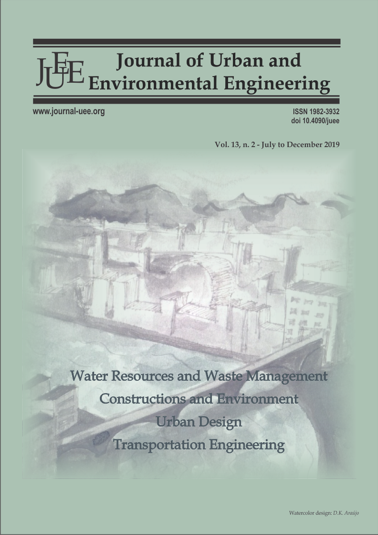THE RELATIONSHIP BETWEEN URBAN ENVIRONMENTAL QUALITY AND MENTAL HEALTH (DEPRESSION SCALE): EVIDENCE FROM IRAN
DOI:
https://doi.org/10.4090/juee.2019.v13n2.285-293Abstract
According to the recent studies, there are wide range of psychological disorders in developed and developing countries with different levels of economic conditions. One of the most important psychological disorders and pressures is depression. An issue that has been neglected so far is impact of urban environmental quality on psychological health. Housing in this physical environment plays a very important role in psychological health indexes such as depression. The main purpose of this research is to investigate the relationship between qualitative indexes of housing and depression with a case study of at MoftAbad and Mardavij neighborhoods in Isfahan. Pearson correlation coefficient and linear regression have been used for data analysis. Independent variables of study include qualitative variables of housing that have been studied in accordance with literature in both internal and external dimensions. Dependent variable of study is depression. Depression Inventory Questionnaire of Beck et al. (1996) with 21 questions, used to measure depression. Results showed that variables such as interior design, indoor greenbelt, natural received light, natural ventilation, and plant diversity, walking possibility, quality of public spaces, and environmental cleanliness and security have most impact on level of depression of residents in urban neighborhoods.Downloads
Download data is not yet available.
Downloads
Published
2019-10-06
Issue
Section
Articles




